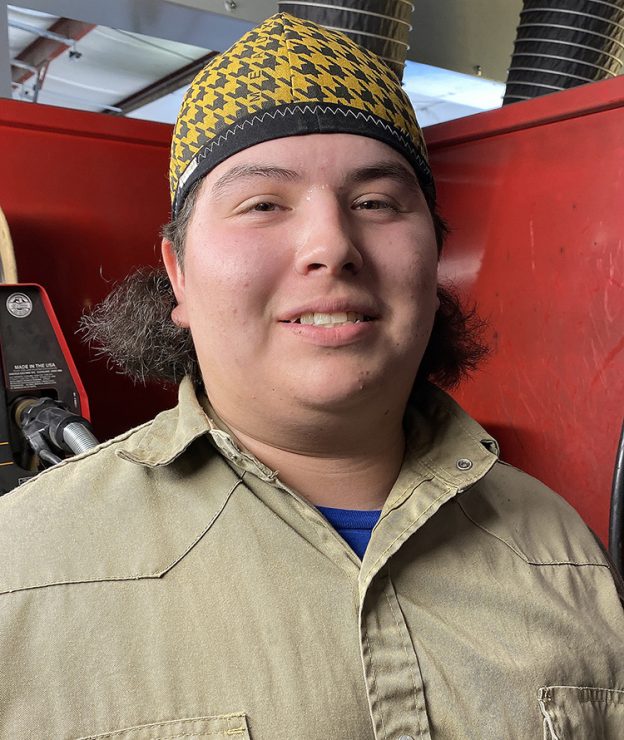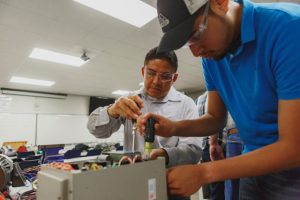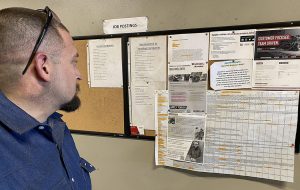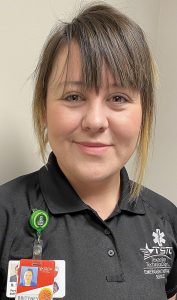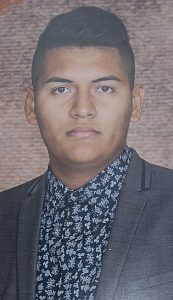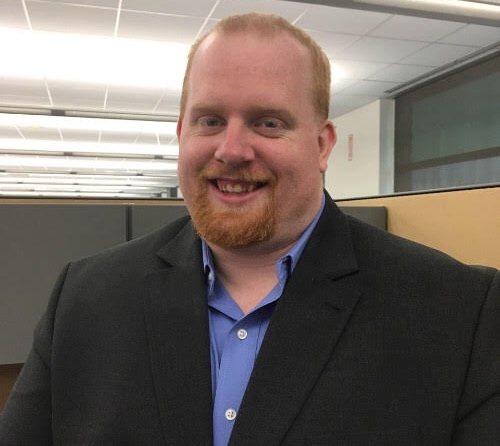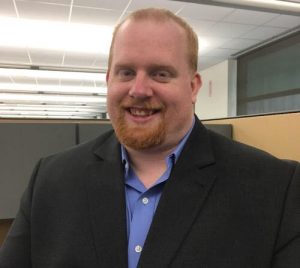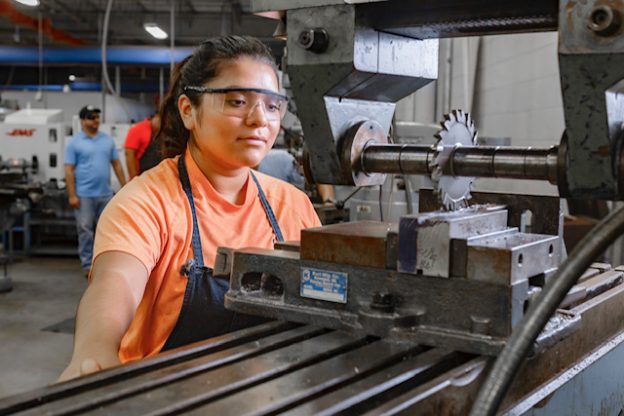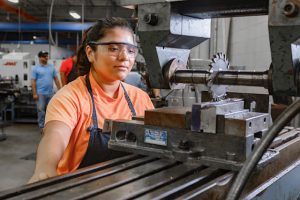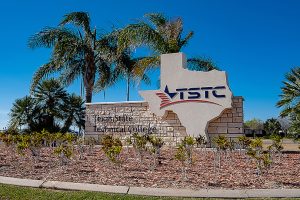(SWEETWATER, Texas) – Isaiah Flores wanted a 24/7 college experience.
He decided to attend Texas State Technical College’s Welding Technology program in Sweetwater and live on campus. He has not regretted the decision to leave his childhood home of Hamlin to attend school.
“I toured the Abilene lab and knew that welding would be a career for me. But I chose Sweetwater because I wanted to have the college experience,” said Flores, who is pursuing a certificate of completion in welding.
College life for Flores includes meeting new people and being able to walk around campus. When he is not in the lab working on projects, he makes sure to complete his online assignments in between other activities.
“I have made a lot of friends living on campus. We like to hang out and have fun,” he said.
Flores’ favorite time of the week is welding in the lab and helping his friends with advice.
“I like welding, and it is good we can work in the lab every day,” he said. “(Instructor) Taylor (Elston) explains things a lot, and it helps us complete our projects.”
Elston said Flores works hard to complete projects and help others.
“Isaiah does his work really well and is always asking questions. He wants to be the best he can,” he said.
One of the first things that Flores and the other students completed was a weeklong safety training course.
“We have to be safe in the lab, and spending a week reviewing what we need to do was helpful,” he said. “Taylor really wants us to be safe, and we work to make sure we are not doing anything that could cause an injury. The sparks are always flying, and it is easy to get hit. We make sure we watch to see where our friends are before we get to work.”
Flores said people who do not have experience could begin this program. He had some welding experience helping his uncle in Hamlin, but for others, Flores said Elston is the perfect instructor to help them get started.
“One of my friends did not have any experience welding when he started the program. Taylor worked with him and showed him how to weld,” he said. “Now he is doing projects really well and becoming a better welder. I hope more people look to start a welding career because Taylor has the experience and can teach you everything you need to know.”
While Flores enjoys the campus life, he also enjoys returning to Hamlin to visit friends and going on an occasional fishing trip. But he is looking forward to the day he can show his uncle what he has learned in the lab.
“I have texted him some photos of my work, but he has not seen my full potential,” he said. “I cannot wait to show my uncle what I can do with a welding torch.”
Registration for the fall semester is underway. Scholarships are available. For more information, visit tstc.edu.
